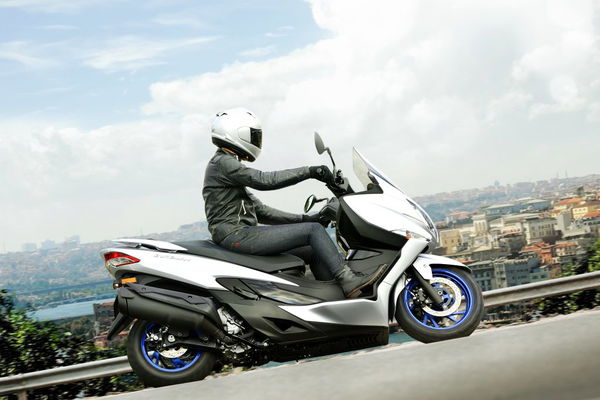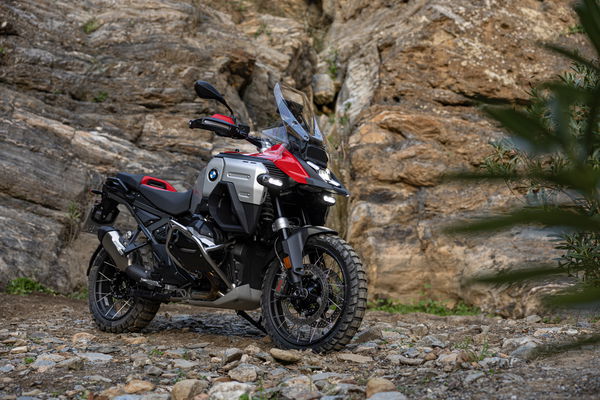Suzuki will introduce first electric bike in 2024, eight by 2030
Suzuki has announced that it plans to have eight electric powered two-wheelers by 2030, and the first will be introduced in 2024.
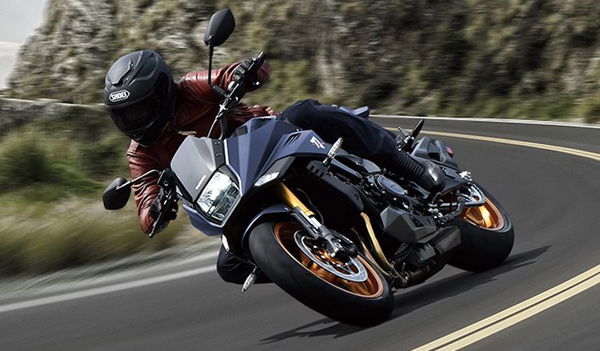
Suzuki has announced its carbon neutrality plan, in which it has detailed that its first electric two-wheeled model is expected to be available in 2024.
When Suzuki announced it was leaving MotoGP in 2022 after the Spanish Grand Prix, it said that part of the reason was to focus its resources on its future, and the alternative power solutions it would have to adopt in replacement of traditional, fossil-fuel-burning, internal combustion engines (ICE).
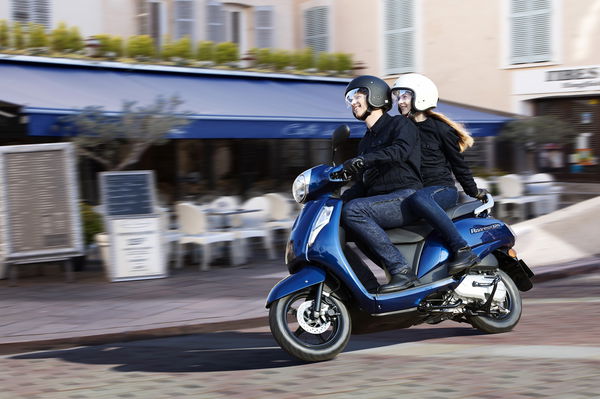
As of now, Suzuki is yet to release an electric vehicle, but that is set to change in the future. In its ‘FY2030 growth strategy’ release, Suzuki announced that its first electric powered two-wheeler will be introduced during the 2024 financial year in the small-to-mid-capacity class, which can be summed up as the commuter class. Additionally, Suzuki plans to have eight electric motorcycle models by 2030, which will make up 25% of its roster.
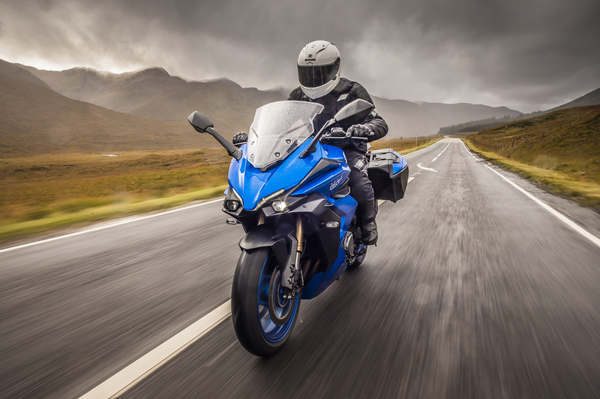
This is only for commuter-class models, though. “For large motorcycles for leisure purposes, Suzuki is considering adopting carbon neutral fuels,” a Suzuki press release reads.
(It is probably worth noting that MotoGP will begin using part-non-fossil fuels from 2024, and non-fossil from 2027.)
Suzuki also announced plans for an expansion of its smaller electric mobility options, as well as for battery electric outboard motors.
Further, battery electric four-wheeled vehicles will begin to arrive in the 2024 financial year. For cars, Suzuki is also exploring CNG, biogas (which it is capturing from cow faeces in India), and ethanol-mixed fuels as alternatives to fossil fuels.
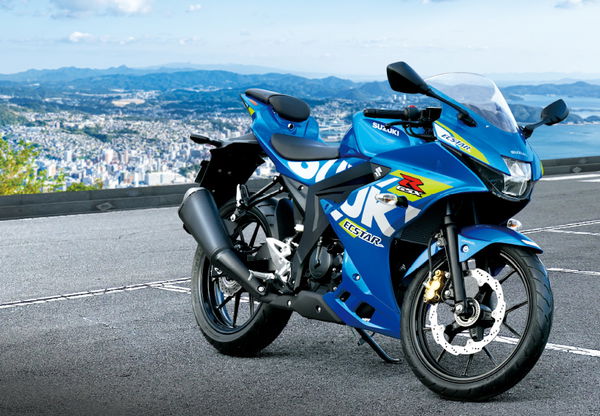
The manufacturing process has also, understandably, been targeted by Suzuki as an area for it to work on in its carbon neutrality quest.
It plans to tackle carbon neutrality with its new Suzuki Smart Factory Creation, which it says “[draws] out how manufacturing should be in 2030, so that [Suzuki] continues to become a company that secures people’s means of mobility worldwide.” According to Suzuki, Smart Factory Creation is a combination of Suzuki’s ‘Smaller, Fewer, Lighter, Shorter, Beauty’ manufacturing principle and digitisation to optimise its manufacturing processes and, presumably, reduce energy usage.
Suzuki’s largest production plant in Japan is in Kosai. Here, 30% of the energy used in painting facilities is renewable, and efforts have been made to increase the efficiency of the equipment. The Kosai plant also makes its own ‘green’ hydrogen, and since the end of last year it has been used in the fuel cell transporter.
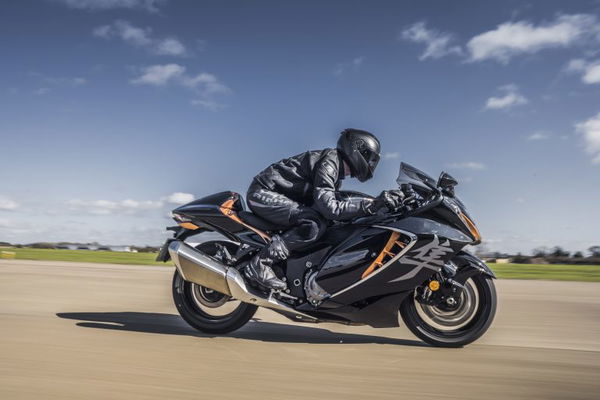
In Hamamatsu, the main production centre for motorcycles, Suzuki has expanded its solar power generation capacity, and this plant is aiming for carbon neutrality by 2027 (the initial target was 2030). Suzuki intends to use the information it gathers from the renewable transition in Hamamatsu to make all of its domestic plants carbon neutral by 2035.
4.5 trillion Yen will be invested by Suzuki by FY2030. That equates to around £28 billion at time of writing (January 2023). 2 trillion of that will be put into electrification-related investments, Suzuki says.
